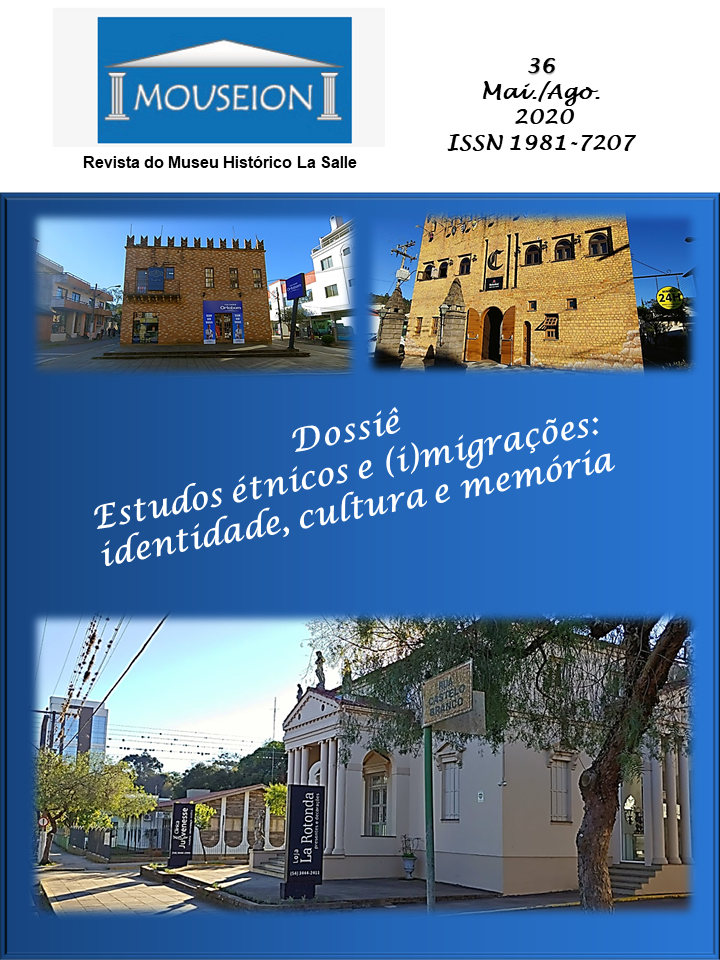African diaspora and drum resistance: elements of the Yoruba society present in afro-Brazilian religions
DOI:
https://doi.org/10.18316/mouseion.v0i36.7205Keywords:
African and Afro-Brazilian History, African and Afro-Brazilian Religiosity, African Diaspora, Terreiro PeoplesAbstract
This text aims to present how Afro-Brazilian religions represent movements for the preservation and re-signification of the social structure of the Yoruba peoples in Brazil. The African diaspora, during the period of mercantile slavery, was responsible for the arrival in Brazil of millions of Africans from various ethnic groups such as the Bantu and the Yoruba. Afro-based religions represented a way to resist the destruction of the religious, social and cultural characteristics of these peoples. In the terreiro communities, a process of preservation and reframing of the social, cultural and religious structures of the Yoruba peoples was developed. The organization of worship, hierarchical structures, physical spaces, linguistic and cultural composition present in candomblé, Batuque or Nação, for example, have indelible marks of the Yoruba.Downloads
Published
2020-09-02
Issue
Section
Dossiê
License
Authors must submit their manuscripts to be published in this journal agree with the following terms:
Authors maintain the copy rights and concede to the journal the right of first publication, with the paper simultaneously licensed under the License Creative Commons attribution that permits the sharing of the paper with recognition of authorship and initial publication in this journal.
Since the articles are presented in this journal of public access, they are of free use, with their own attributions for educational and non-commercial purposes.


